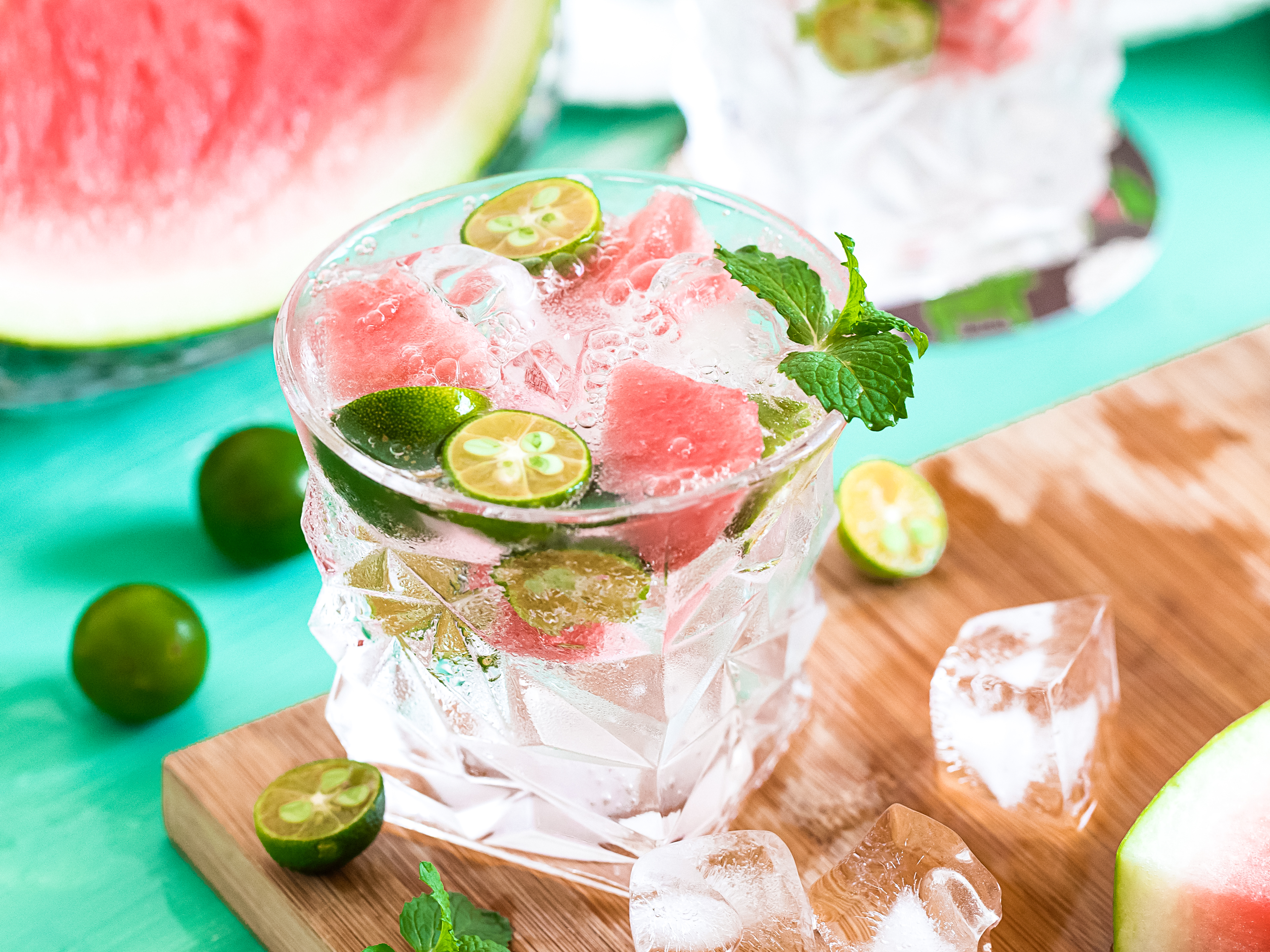Tips for keeping cool and preventing lymphedema swelling
It’s summer, the time to enjoy vacations, barbecues, and trips to the lake. There is so much to love about this time of year.
But if you suffer from lymphedema, this beloved season also brings many challenges.
Extremes in temperature (of either heat or cold) can dramatically impact the way your lymphatic system functions. These extremes slow down the pumping action that your system needs to keep fluid moving. Blood vessels may expand, meaning there is more fluid to pump from your blood vessels to tissues. This excess fluid can build up, leading to dangerous and uncomfortable swelling.
But you don’t have to hide indoors all summer long. Take the following precautions to ensure that you can enjoy all the fun the season has to offer while still remaining safe and comfortable.
Keep cool.
This may seem obvious, but the best way to beat the heat is to stay out of it. Keep to air conditioned areas when possible, especially during the hottest part of the day.
Although you might be tempted to remove your compression garment to help stay cool, this is not a good idea. Fortunately, LympheDIVAs compression garments are much more lightweight, ventilated, and breathable than the garments of the past.

Stay hydrated.
Paradoxically, drinking plenty of liquid actually helps reduce the amount of fluid in your body that causes swelling. Drinking water flushes out the lymphatic system and keeps everything running smoothly. Common wisdom is that your body needs at least eight glasses of water every day, but more than this might be needed to avoid heat-related lymphedema in the summer. While adequate water intake is crucial, don’t forget that eating the right foods can also help. So enjoy plenty of high-water content foods such as cucumbers, celery, watermelon, and peaches.
Avoid excessive intake of salty foods.
It’s well-known that sodium intake causes your body to hold onto water which, if you suffer from lymphedema, is bad news, especially in the summer months.
Much of your daily salt intake comes from processed foods; the worst culprits are breads, cold cuts, and any kind of canned or pickled food item.
When you go shopping, read food labels carefully to avoid some of the sneakier sources of sodium.
Keep in mind that the recommended daily allowance of sodium is only 2300 mg even for a person who does not suffer from lymphedema.
Wear non-restrictive clothing and accessories
To keep your affected limbs comfortable in the heat of the summer, all clothing should be loose enough for easy movement. Flowy tunics and T-shirts will be best. Avoid tight socks or hosiery. It’s best to refrain from jewelry or bags that hang from an affected arm, but if you need to do so, make sure they are worn loosely. And your shoes should be comfortable and well-fitted.
Keep your affected limb dry.
Be on your guard against excess moisture trapped between the skin and compression garment. That moisture can promote bacterial growth, putting you at risk for a nasty infection.
The best way to stay dry is by wearing a compression garment with moisture wicking. This type of garment draws any moisture away from your skin into the top layer of the fabric. This can truly be a lifesaver during the summer, when your skin quickly builds up moisture from sweat and/or humidity.
Keep your affected limb moisturized
While it is important to protect your limb from excess moisture, dryness is another potential risk in the summer. Chlorine exposure from the swimming pool can dry out the skin, causing breakage. And of course, even the smallest skin breakage is an open door for bacteria to enter and potentially cause infection. If possible, use a pH neutral moisturizer. You should also be sure to cleanse your skin every day with a soap substitute such as aqueous cream or E45 wash.
Avoid sunburns
A bad sunburn can be dangerous for anyone, but it’s especially dangerous for lymphedema sufferers, because it can increase swelling and agitate your symptoms. A sunburn has the effect of raising your body temperature, a common trigger of swelling. It also triggers the inflammatory response in your body, causing your lymphatic system to go haywire. Always use a sunscreen with at least 30+ SPF. Apply sunscreen liberally and often, avoid the sun during the hottest part of the day, and consider a moisture-wicking garment which protects from harmful UVA rays.
Take care during outdoor activities
Summer is a time when many of us enjoy outdoor activities such as gardening, sports or hiking. Be sure to wear your compression garment while engaged in these fun activities. This will improve circulation and blood flow to your muscles so that you can get the most out of a workout. They also help you post-workout by easing any stiff or sore muscles.
When gardening, be sure to wear protective gloves to reduce incidence of cuts and scrapes.
Avoid bug bites.
Almost as dangerous as the sun’s rays, mosquitoes and other insects launch a full-scale attack on our skin during the summer months. Insect bites, besides being uncomfortable, put you at increased risk for skin breakage and infection. Use bug spray (DEET-free if possible) and cover any exposed skin with light clothing. Avoid any wooded areas or standing water during the dusk hours, when insects are most active. In case of a bite, treat the area immediately. Most importantly, resist the urge to scratch it.
Take care while traveling.
Traveling by air poses some special challenges for lymphedema sufferers. Sudden changes in air pressure can aggravate your symptoms. If you have to sit for long periods of time, be sure to get up and move your affected limb. Choosing an aisle seat can make this easier. If you’re not able to get out of your seat, you can do some simple exercises while sitting to stimulate your lymphatic system. And most importantly, be sure to wear a well fitted compression garment during air travel.
With these guidelines in mind, you are well on your way to enjoying a fun and symptom-free summer.
Photography by Dakota Roos , ShengGeng Lin on Unsplash
